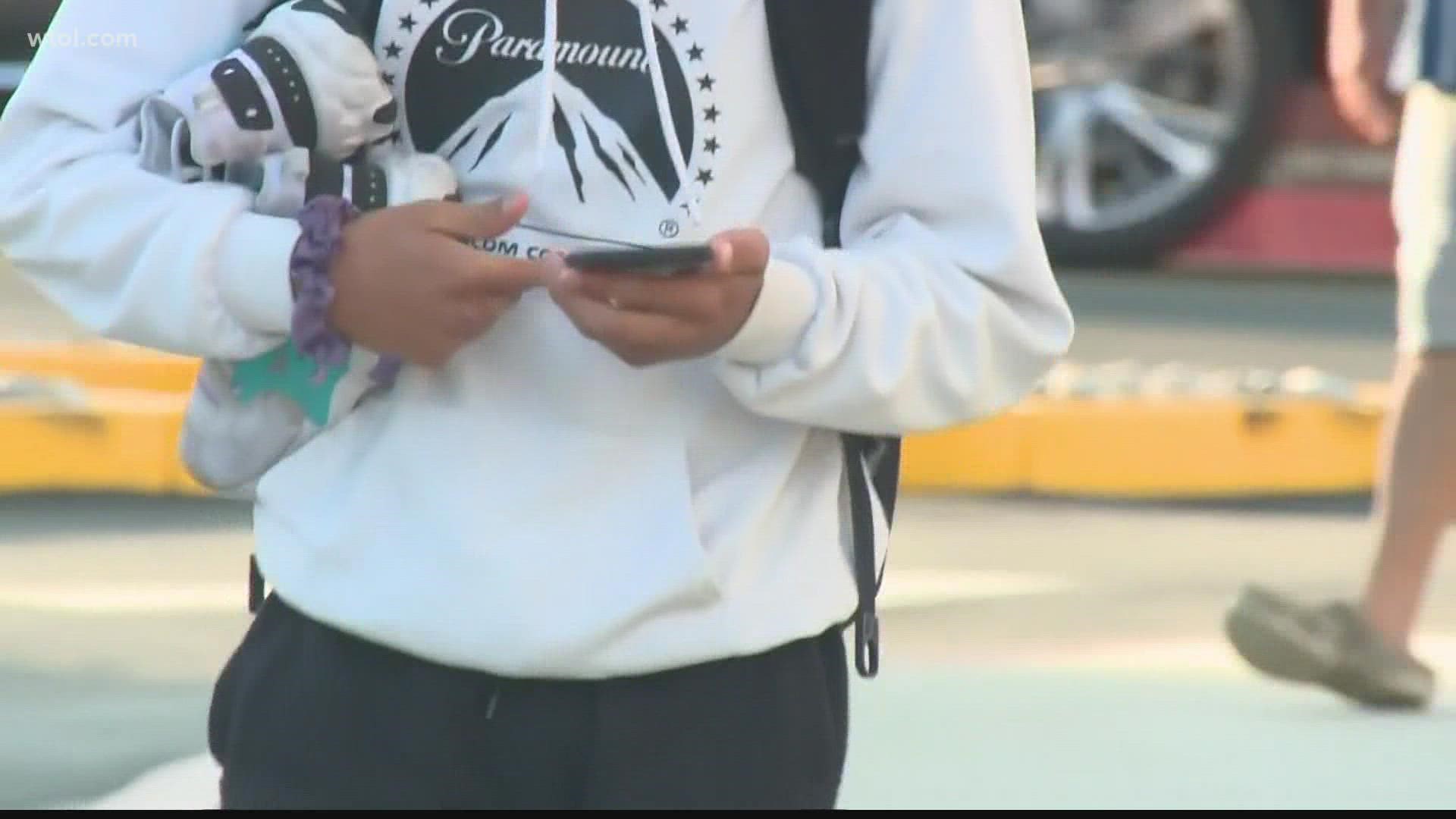TOLEDO, Ohio — As we spend more and more of our lives online, protecting personal privacy has never been more important, and this is especially true in the summer with the internet being used practically all day long.
Since we increasingly pay for things online, check our email, or social media more, it's become easier for parents and kids to let their guard down, which NordVPN spokesperson, Patricija Cerniauskaite says is opening us all up to the threat of hackers, especially during the past year.
"We can't deny the fact that the pandemic impacted how we do things online and how much time we spend online."
To stay safe, Cerniauskaite says it's important to be aware of our digital surroundings because most public Wi-Fi networks are huge targets for hackers.
"Public Wi-Fi might not be the most secure connection, so we always encourage people to use mobile data over public Wi-Fi ."
If you must use public Wi-Fi, you can always use a VPN - a virtual private network - to help secure your mobile online data, and make sure your home network is locked down and password protected.
But one of the prime targets for our information online, says Cerniauskaite, comes from logging into places like Facebook, TikTok and Twitter.
"Social media is really the place where a lot of various scams can happen and various online threats."
The experts say we tend to overshare with photos on social media, what our kids’ names are, our birthdays, things like that.
"If we dial all of this down, we can become a little bit more secure. So, we're really strong advocates of encouraging people not to overshare online."
One other typical digital weak spot is all those passwords we use.
"People should pay more attention to passwords, this is the area that they really need to ramp up their cybersecurity,” Cerniauskaite said. “Because passwords are our gateway into each and every single area in our digital lives."
Your passwords should be strong, complex and unique so hackers can't break into accounts, and you should memorize your passwords or use a good password manager.
And one of the best ways to keep your information safe while online is to stay informed and teach kids about malware, viruses and phishing emails.
"So just teaching simple keywords and teaching your family to recognize these kinds of threats is also a really good thing you can do to be a little more safer online."
NordVPN says parents should consider this smart checklist to assure the best security and privacy practices for their families are in place.
- Privacy: Explain why privacy matters and how sharing personal information online can be used against them, especially when posting things in real-time that share location and identity to a larger group of people they may not know.
- Passwords: Create passwords together. Your passwords should be strong, complex and unique so hackers can't break into accounts. Memorize your passwords, or use a good password manager. Never write them down and change them regularly.
- Scams: Keep up to date with emerging internet scams and threats, such as identity theft, phishing emails, malware and online gaming attacks, so everyone knows what they’re up against and how to devise the best defense.
- Social Media: Set up provided anti-bullying features, limit who can see profiles and send messages to only people you know, and never share personal data, bank details, passwords, or other sensitive information via messages.
- Wi-Fi: Make sure your home network is password protected and Consider running a VPN on your router. Especially when away from the home/family Wi-Fi network this summer, explain why free public Wi-Fi can be a security issue.

